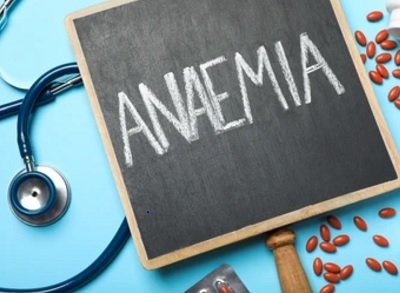Inside BENEO’s new pulse plant: pioneering sustainable protein from faba beans
Experts share their views on tackling the burden of anaemia across the country
Non-profit organisation HEAL Foundation recently organised Quality, Accessibility and Data Integration- Keys to Anemia Eradication eSummit- the Episode-23 of the HEAL-Thy Samvaad series. The eSummit – supported by HemoCue – discussed the challenges and solutions for anaemia eradication.
Dr P Sivakumar, Advisor ESI MedTek Solutions, and moderator of eSummit said, “Anaemia Mukt Bharat (AMB), an initiative of MoH&FW and UNICEF was launched in 2018 to reduce the overall burden of anaemia in India. The scheme is part of the intensified national iron plus programme. The programme focuses on six target beneficiary groups through six interventions and six institutional mechanisms to achieve the envisaged target under POSHAN Abhiyaan. This eSummit is an effort to understand where we stand and the way forward.”
Dr Kapil Yadav, Additional Professor & Nodal Person, National Centre of Excellence and Advanced Research on Anemia Control (NCEAR-A), Centre for Community Medicine, AIIMS, New Delhi, said, “It’s been only 3 years since the launch in 2018. We have been very successful in some areas like provision of diagnosis across states and Iron Folic acid supplementation coverage, which has improved. Most states have launched AMB successfully. However, there were a few challenges too. We still have a long way to go if we have to achieve the milestone laid down in AMB. The challenge is humongous as almost 50 per cent of the population suffers from anaemia and the remaining 50 per cent who do not have anaemia still require intervention related to anaemia as they might have nutrition deficiencies. I am personally happy with our achievements in the first three years.”
Dr Harshwardhan Dere, Director Programs, Americares India Foundation said, “The government has a very robust policy for public-private partnership (PPP) for NCD however, the same is missing for anaemia. This is where the first step can be taken. The private sector can provide direct support to the govt for the implementation of activities such as IFS reach and hands-on support for point of care testing, digital testing, which are important parameters in AMB. The private sector has immense experience in the supply chain, which is another area where PPP models can be worked out.”

